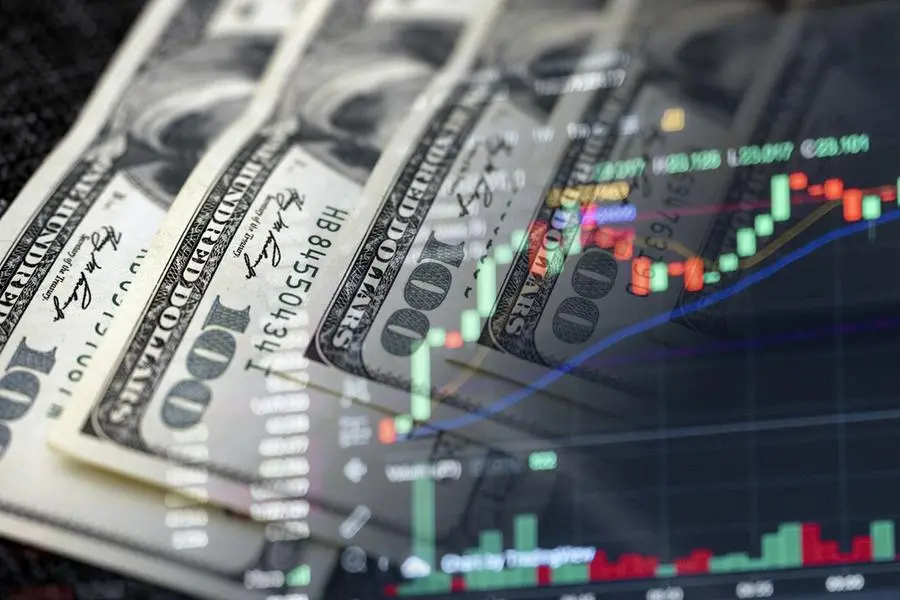PHOTO
The US central bank's favored measure of inflation ticked higher last month on the back of higher fuel prices, according to government data published Friday, but a metric stripping out volatile food and energy prices continued to ease.
The personal consumption expenditures (PCE) price index rose at an annual rate of 2.5 percent in January, up 0.1 percentage point from a month earlier, the Department of Commerce said in a statement.
The figure is in line with the median forecasts in a survey of economists conducted by Dow Jones Newswires and The Wall Street Journal.
Much of the increase came from energy prices, which rose 2.3 percent between January and February.
On a monthly basis, PCE inflation eased slightly from January, rising by 0.3 percent.
The data suggest the Federal Reserve's bumpy path towards bringing inflation down to its long-term target of two percent through high interest rates remains broadly on target.
Recent data has led some Fed officials to question policymakers' recent prediction of three interest rate cuts this year, as the US central bank pivots towards loosening monetary policy.
"In my view, it is appropriate to reduce the overall number of rate cuts or push them further into the future in response to the recent data," Fed Governor Christopher Waller told a conference in New York on Wednesday.
While the headline rate rose, the closely watched "core inflation" measure, which strips out volatile food and energy costs, eased slightly, rising by 2.8 percent on an annual basis.
After rising by 1.0 percent in January, personal income rose by a more modest 0.3 percent last month, the Commerce Department said.





















